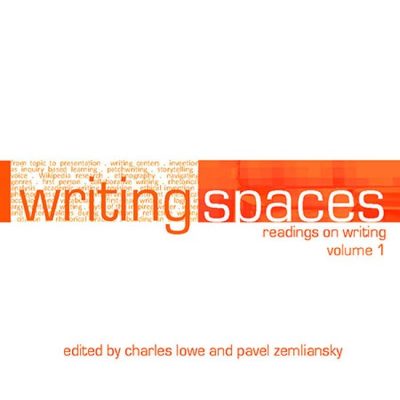2 Corinne E. Hinton’s “So You’ve Got a Writing Assignment: Now What?”
Writing Spaces Volume 1
The next chapter offers guidelines for interpreting specific assignment sheets. Using a wide range of assignment sheets from a variety of essay types, Hinton explains how identifying the use of directive verbs can help students to better understand the assignment’s purpose. Hinton also demonstrates how to decipher an assignment’s expectations by creating a table for what you know – what you think you know – and what you don’t know. This reading provides a useful gateway activity prior to distributing the first assignment sheet, wherein we practice how to read and interpret a variety of assignments.
“If you’re having trouble understanding your assignment, go to the writing center for help. If you’re working on a draft and you want to review it with someone, they can take a look. Your writing center tutor will not write your paper for you, nor will [they] serve as an editor to correct grammar mistakes. When you visit your university’s writing center, you’ll be able to discuss your project with an experienced tutor who can offer practical advice in a comfortable learning environment.”
MLA Citation Examples
Works Cited
Hinton, Corrine E. “So You’ve Got a Writing Assignment: Now What?.” Writing Spaces: Readings on Writing Volume 1, edited by Charles Lowe and Pavel Zemliansky, Parlor Press, 2010, pp. 18-33.
In-text citation
“If you’re having trouble understanding your assignment, go to the writing center for help. If you’re working on a draft and you want to review it with someone, they can take a look. Your writing center tutor will not write your paper for you, nor will he serve as an editor to correct grammar mistakes. When you visit your university’s writing center, you’ll be able to discuss your project with an experienced tutor who can offer practical advice in a comfortable learning environment” (31).
References
Hinton, C. E. (2010). So you’ve got a writing assignment: Now what?.” In Charles Lowe and Pavel Zemliansky (Eds.), Writing spaces: Readings on writing, vol. 1 (pp. 18-33). New York: Parlor Press.
In-text citation
“If you’re having trouble understanding your assignment, go to the writing center for help. If you’re working on a draft and you want to review it with someone, they can take a look. Your writing center tutor will not write your paper for you, nor will he serve as an editor to correct grammar mistakes. When you visit your university’s writing center, you’ll be able to discuss your project with an experienced tutor who can offer practical advice in a comfortable learning environment” (p. 31).
Chicago Citation Examples
Bibliography
Hinton, Corrine E. “So You’ve Got a Writing Assignment: Now What?” in Writing Spaces: Reading on Writing Volume 1, ed. Charles Lowe and Pavel Zemliansky (New York: Parlor Press, 2010), 18-33.
In-text citation
“If you’re having trouble understanding your assignment, go to the writing center for help. If you’re working on a draft and you want to review it with someone, they can take a look. Your writing center tutor will not write your paper for you, nor will he serve as an editor to correct grammar mistakes. When you visit your university’s writing center, you’ll be able to discuss your project with an experienced tutor who can offer practical advice in a comfortable learning environment” (225-226).


